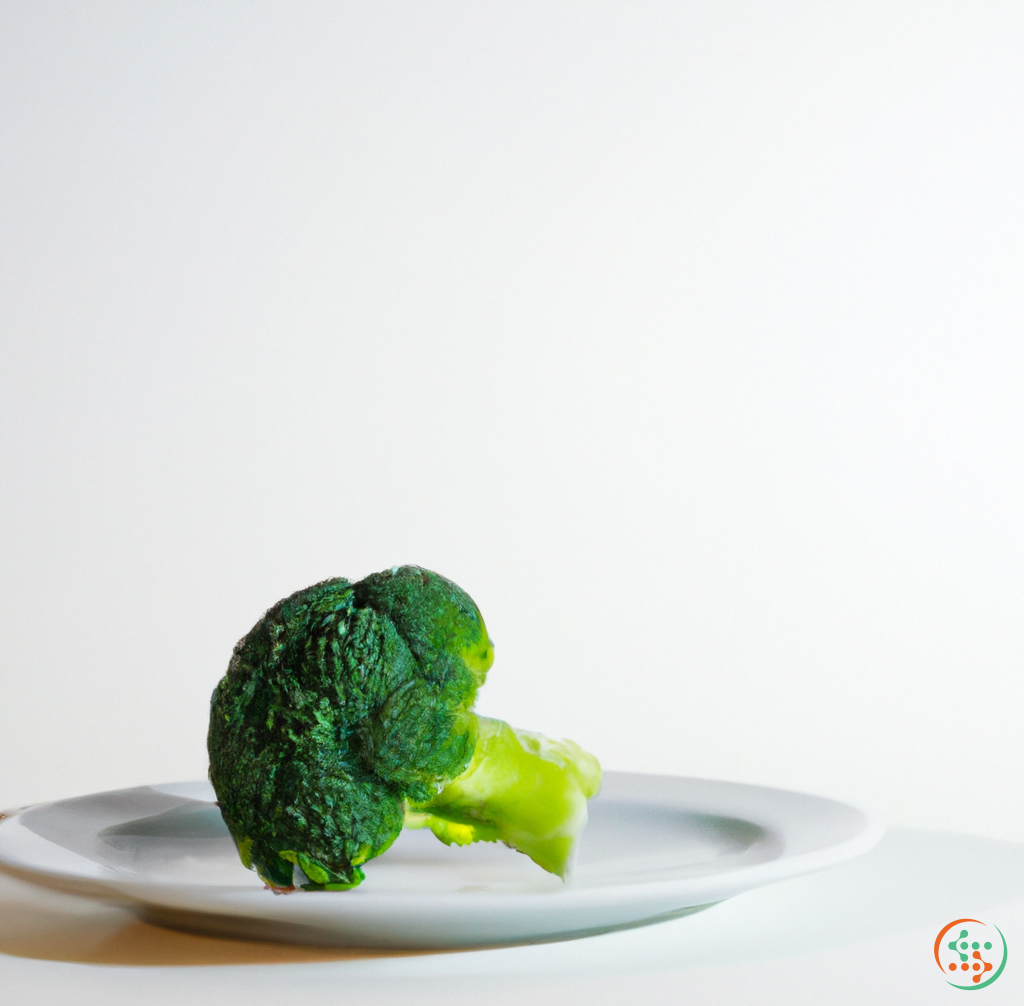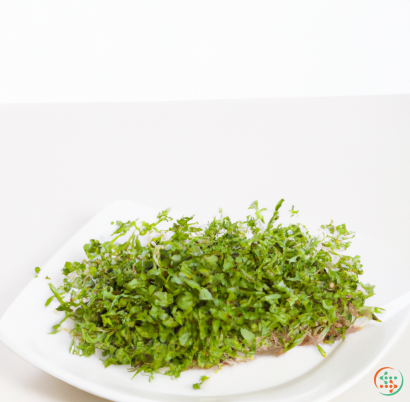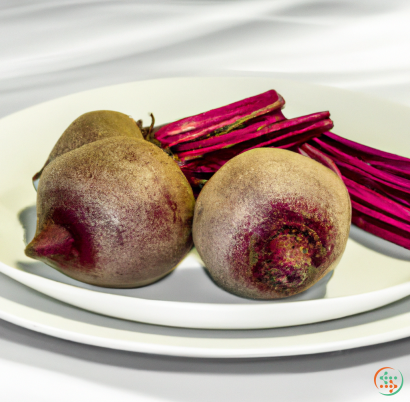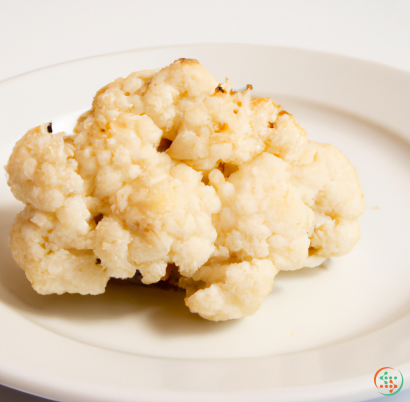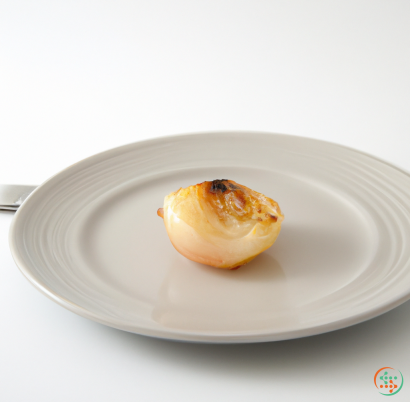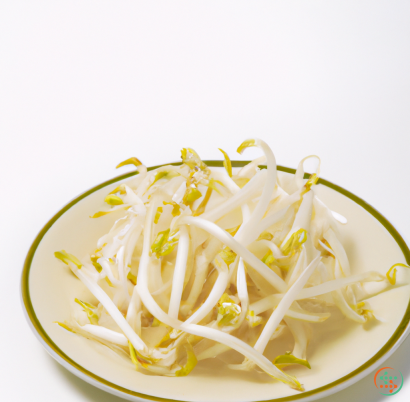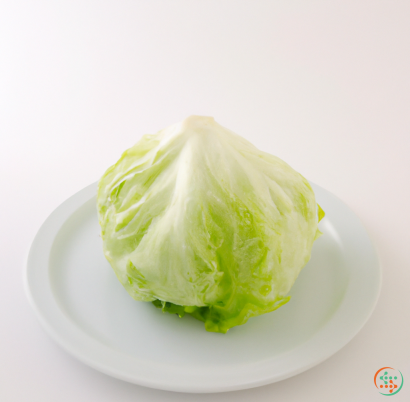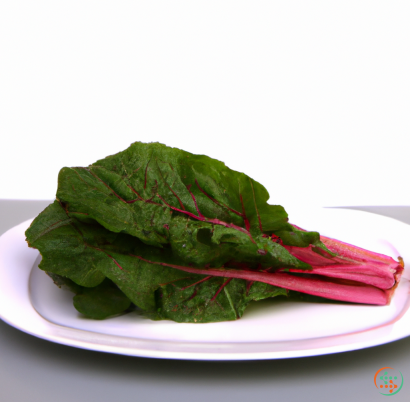Broccoli
Broccoli: The Power Greens You Should Be Eating
When it comes to eating healthy, a lot of people understand the importance of eating plenty of fruits and vegetables. But, many of us skip a certain type of vegetable that should be at the centre of our diets – broccoli. With a long list of powerful benefits, broccoli deserves its place at the top of your shopping list.
What is Broccoli?
Broccoli belongs to the cruciferous family, a group of vegetables that also includes cauliflower and Brussels sprouts. These vegetables are known for their intense, slightly bitter flavour and for their amazing health benefits. The plant is made up of a thick stem with green or purple florets, leaves, and a crown fibrous top. The buds, stems, and leaves all contain vitamins, minerals, and antioxidants, making them incredibly healthy to eat.
Nutritional Value of Broccoli
Most cruciferous vegetables are incredibly healthy, but broccoli stands out from the rest with its incredibly nutritious content. As a good source of dietary fibre, broccoli is perfect for digestion. It also contains a lot of vitamin C – almost 1/3 of your daily recommended intake – which helps the body form collagen, improves immunity and helps to absorb iron. Vitamin K is also abundant in broccoli – it helps protect against osteoporosis and helps your body absorb calcium. Broccoli is rich in folate, thiamin, riboflavin, niacin, magnesium, phosphorus and zinc.
Broccoli is also an excellent source of antioxidants. These substances help to protect the cells from damage caused by free radicals, which can contribute to the development of chronic conditions such as cancer, heart disease and diabetes. Most recently, broccoli has been gaining some attention for its content of sulforaphane, a protective chemical that can help reduce inflammation.
Health Benefits of Eating Broccoli
The combination of key vitamins, minerals and antioxidants make broccoli an incredibly healthy vegetable to incorporate into your diet. Eating broccoli can help to reduce the risk of stroke, heart disease, high blood pressure, Type 2 diabetes, colorectal cancer and prostate cancer. In addition, broccoli helps to improve vision, provide protection from UV rays, support skin health, prevent age-related decline, improve digestion and enhance the immune system.
Eating broccoli regularly is associated with better overall health, but it is important to remember that certain groups of people may get additional benefits. For example, postmenopausal women with high cholesterol who eat broccoli for three months saw an average reduction of 27% in cholesterol.
How To Eat Broccoli
There is no wrong way to cook broccoli, but some methods provide more nutritional benefits than others. Steaming is one of the best ways to preserve the vitamins and minerals in the vegetable since there is no direct contact between the food item and the water. Microwaving can also help preserve the nutritional value of broccoli, however, it is best to microwave the vegetable for no more than two minutes.
Raw broccoli can also be a great way to enjoy the vegetable without losing too many of the benefits. Chopping or shredding the vegetable and then adding it to salads, sandwiches, wraps and even smoothies can be a great way to increase your intake of essential vitamins and minerals.
Conclusion
When it comes to healthy eating, broccoli should be at the top of your list. Eating broccoli regularly provides essential vitamins, minerals, antioxidants and phytochemicals, all of which are essential for good health. Broccoli is easy to prepare and can be incorporated into many recipes, so it is a great addition to anyone’s diet. So, when you’re stocking your kitchen cupboards, make sure to add a few heads of broccoli to your list – with all of the health benefits it provides, you’ll definitely be glad you did.
Broccoli is a common vegetable found in many kitchens across the world and is part of a family of plants known as crucifers. Broccoli is a healthy and tasty addition to any meal and, while it may seem straightforward to prepare it, there is a complex journey that the individual florets take before they reach our dinner plate.
In order to understand how broccoli is created and travels from the ground to our dinner plate, it is important to understand the processes which leads to it’s creation and some of the major players involved along its journey.
1. Planting
The lifecycle of a broccoli plant begins with a seed. Broccoli starts out as a small seed which is planted in nutrient-rich soil. Broccoli is usually planted in the spring and it can take between 8 to 10 weeks for the broccoli heads to mature and be ready for harvest.
When broccoli is planted, a carefully cultivated part of soil known as the seedbed is put aside. This area of soil is carefully tilled and amended with fertilizer to promote better growth. When planting broccoli seeds, it is important to make sure that there is an even distribution of soil so that the seeds get an optimal amount of light, water, and nutrients necessary for them to germinate and grow.
Some cultivators of broccoli have taken to using a system called the ‘raised bed’. The raised bed is a type of gardening method which is put into practice to cultivate vegetables in an area which can be insulated better than a traditional garden plot. This method promotes greater crop yields as well as protecting against pests, weeds, and other threats.
The most common type of broccoli grown today is known as the Calabrese variety. This particular variety is exceptionally resistant to cold temperatures and can be successfully grown in UK climates from late spring to late autumn. It is important to remember that the Calabrese variety can take up to 8-10 weeks from the day of planting to the day that it is harvested and ready for consumption.
2. Harvesting
Harvesting broccoli is a very precise and skilled process. In order for broccoli to keep its quality and freshness, it is important to ensure that the harvesting method is fast and efficient.
Broccoli plants are typically harvested by hand and each individual floret is removed with a knife or a special tool known as a ‘topping knife’. Once the heads are removed, they are placed into boxes which are then transferred to a refrigerated storage facility known as a coldroom. The coldroom preserves the quality and freshness of the broccoli while it is transported to the market.
3. Grading and Packaging
When the broccoli arrives at the packaging facility, it undergoes a process known as grading. This is done in order to categorize and label it.
The grading process is divided into three main categories: quality, size, and defect. Quality is determined by the color and general appearance of the broccoli florets, size is determined by the diameter of the florets, and defects refer to any discoloration, deformity, or disease on the floret. Once the broccoli is graded, it is then packaged for shipment.
Broccoli is often shipped in poly-lined cartons which are designed to help maintain freshness and minimize damage to the broccoli. In some cases, broccoli may also be shipped in foam boxes which are specially designed to control the temperature of the broccoli during transit.
4. Transportation
After the broccoli has been packaged and labeled, it is then ready to be transported to its destination. Broccoli is typically shipped via truck or train to a local market or grocery store. During its journey, the broccoli is kept at an optimal temperature in order to preserve its quality.
5. Purchasing
The last stage of the process takes place at the grocery store. Once at the store, the broccoli is stocked on the shelves and ready for customers to purchase. A customer should always remember to inspect the broccoli before purchase to make sure that the florets are not showing any signs of deterioration or discoloration.
6. Preparation
Once the broccoli reaches its final destination, i.e. the dinner plate, it is time for preparation. In order for the broccoli to be at its best, it should be cooked as soon as possible after purchase.
The best way to prepare broccoli is to blanch it. Blanching is a process which involves boiling the broccoli for a brief amount of time in order to quickly cook the broccoli while preserving its color and nutrients. After blanching, the broccoli can be served hot as part of a meal or steamed lightly and served cold.
7. Consumption
And finally, the last stage: consumption! Broccoli is a great nutritious addition to a variety of meals and can help people to eat a balanced diet. It is important to remember that much of the nutrition of broccoli is lost through over-cooking and so it is best to enjoy the broccoli when it is undercooked and still crisp.
Conclusion
As you can see, there is a complex process involved in getting broccoli from the ground to your dinner plate. The careful planting, harvesting, and packaging of the broccoli ensures that it retains its freshness and quality while it makes its journey. After purchasing and preparing the broccoli, it is then time to enjoy the healthy and delicious taste of this cruciferous vegetable.
| Vitamin A | 0.031 mg | |
| Beta-Carotene | 0.361 mg | |
| Alpha-Carotene | 0.025 mg | |
| Vitamin E | 0.78 mg | |
| Vitamin K | 0.1016 mg | |
| Vitamin C | 0.0892 grams | |
| Vitamin B1 | 0.07 mg | |
| Vitamin B2 | 0.12 mg | |
| Vitamin B3 | 0.64 mg | |
| Vitamin B4 | 0.0187 grams | |
| Vitamin B5 | 0.57 mg | |
| Vitamin B6 | 0.18 mg | |
| Vitamin B9 | 0.063 mg |
| Calcium | 0.047 grams |
Daily Value 1.3 g
|
| Iron | 0.73 mg |
Daily Value 0.018 g
|
| Magnesium | 0.021 grams |
Daily Value 0.4 g
|
| Phosphorus | 0.066 grams |
Daily Value 1.25 g
|
| Potassium | 0.316 grams |
Daily Value 4.7 g
|
| Sodium | 0.033 grams |
Daily Value 2.3 g
|
| Zinc | 0.41 mg |
Daily Value 0.011 g
|
| Copper | 0.05 mg |
Daily Value 0.9 mg
|
| Manganese | 0.21 mg |
Daily Value 0.0023 g
|
| Selenium | 0.0025 mg |
Daily Value 0.055 mg
|
| Tryptophan | 0.033 grams | |
| Threonine | 0.088 grams | |
| Isoleucine | 0.079 grams | |
| Leucine | 0.129 grams | |
| Lysine | 0.135 grams | |
| Methionine | 0.038 grams | |
| Cystine | 0.028 grams | |
| Phenylalanine | 0.117 grams | |
| Tyrosine | 0.05 grams | |
| Valine | 0.125 grams | |
| Arginine | 0.191 grams | |
| Histidine | 0.059 grams | |
| Alanine | 0.104 grams | |
| Aspartic Acid | 0.325 grams | |
| Glutamic Acid | 0.542 grams | |
| Glycine | 0.089 grams | |
| Proline | 0.11 grams | |
| Serine | 0.121 grams |
| Glucose | 0.49 grams |
|
| Fructose | 0.68 grams |
|
| Sucrose | 0.1 grams |
|
| Lactose | 0.21 grams |
|
| Maltose | 0.21 grams |
|
| Total Sugars | 1.7 grams |
per 100g
|
| Palmitic acid (16:0) | 0.03 grams |
|
| Stearic acid (18:0) | 0.01 grams |
|
| Total Saturated fatty acids: | 0.04 g | |
| Oleic acid (18:1) | 0.01 grams |
|
| Total Monounsaturated fatty acids: | 0.01 g | |
| Linolenic acid (18:3) | 0.02 grams |
|
| Linoleic acid (18:2) | 0.02 grams |
|
| Total Polyunsaturated fatty acids: | 0.04 g | |
